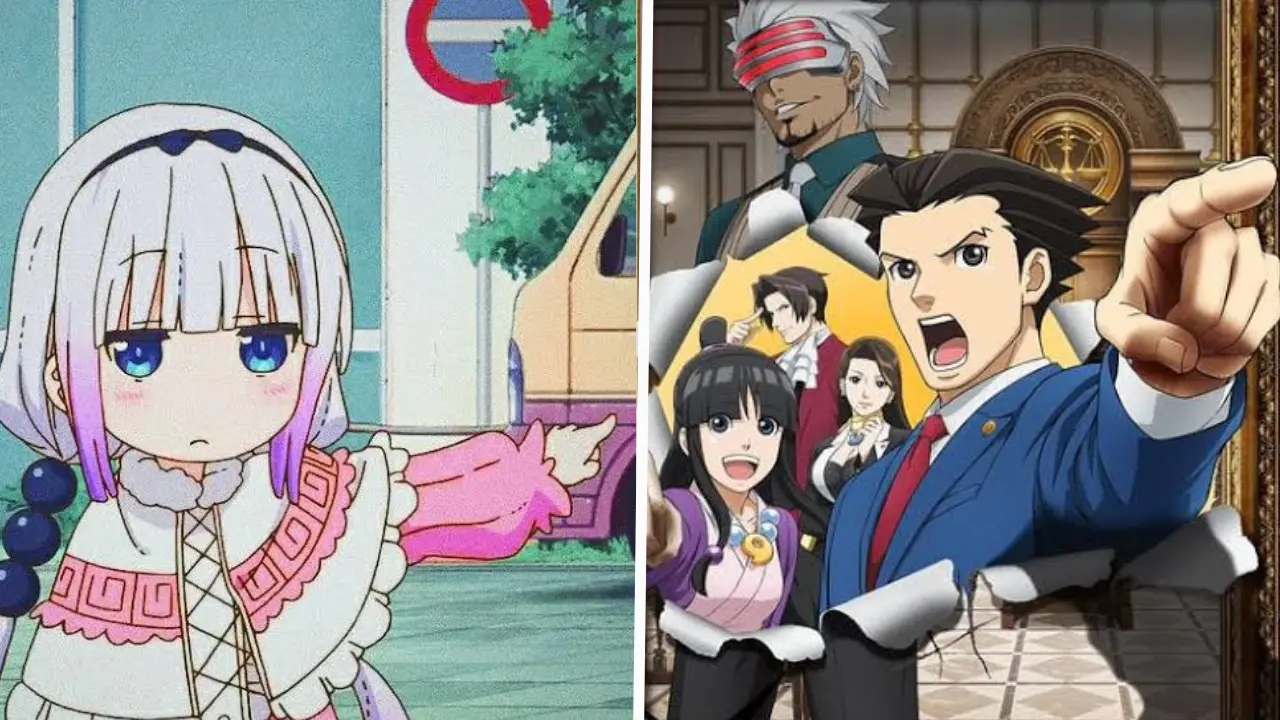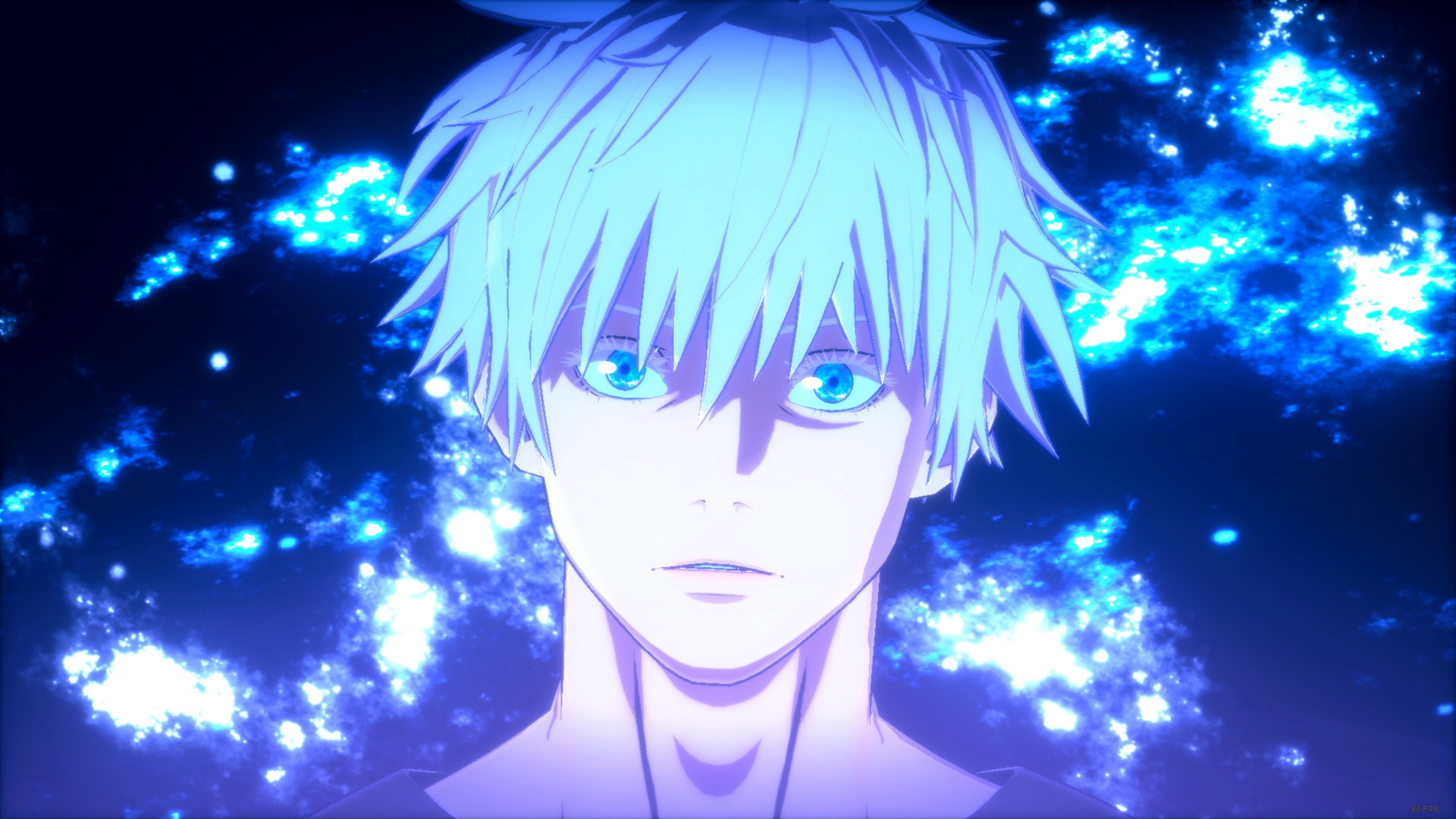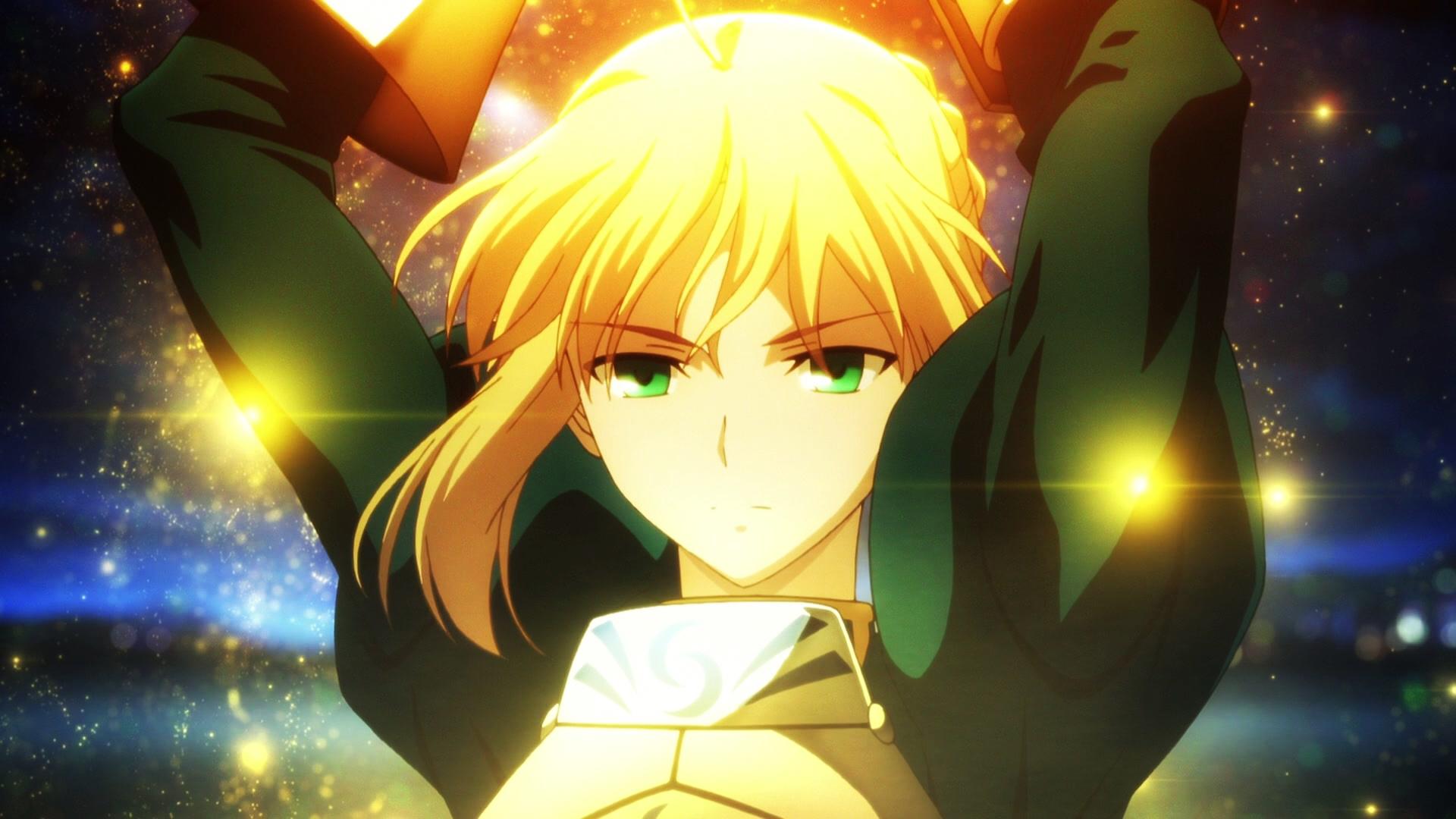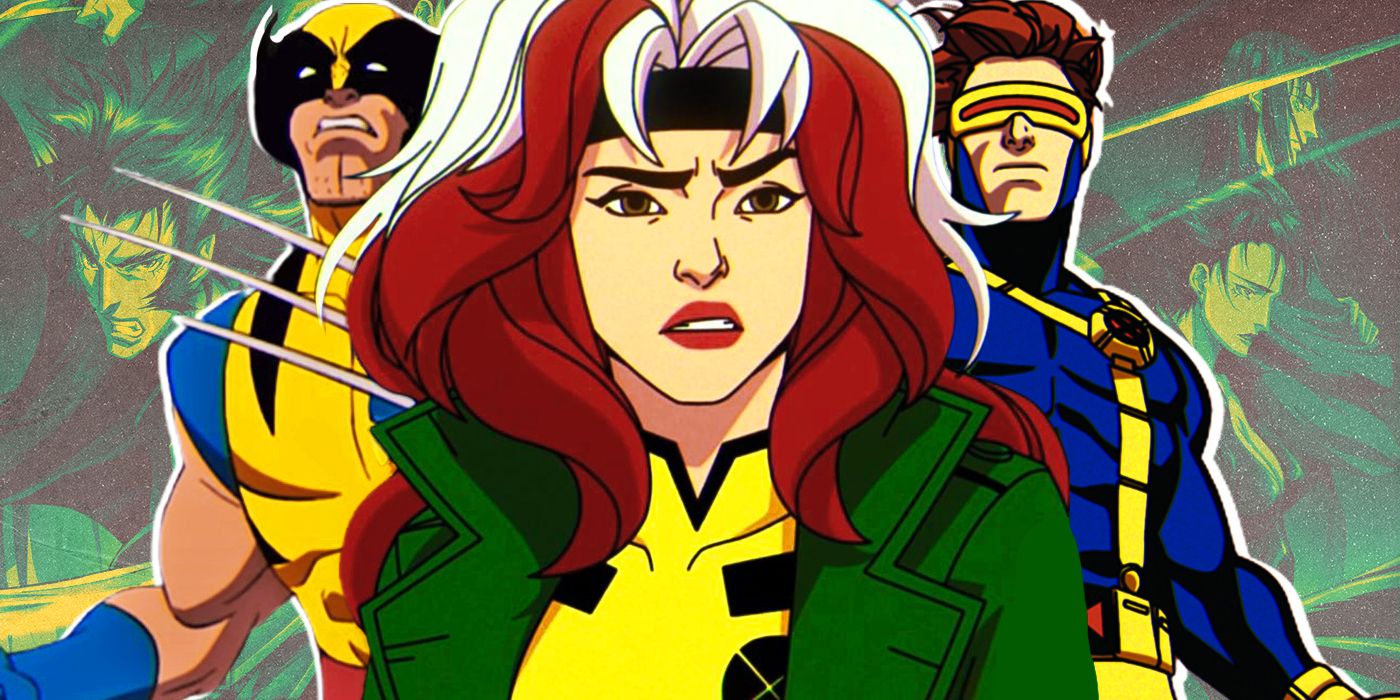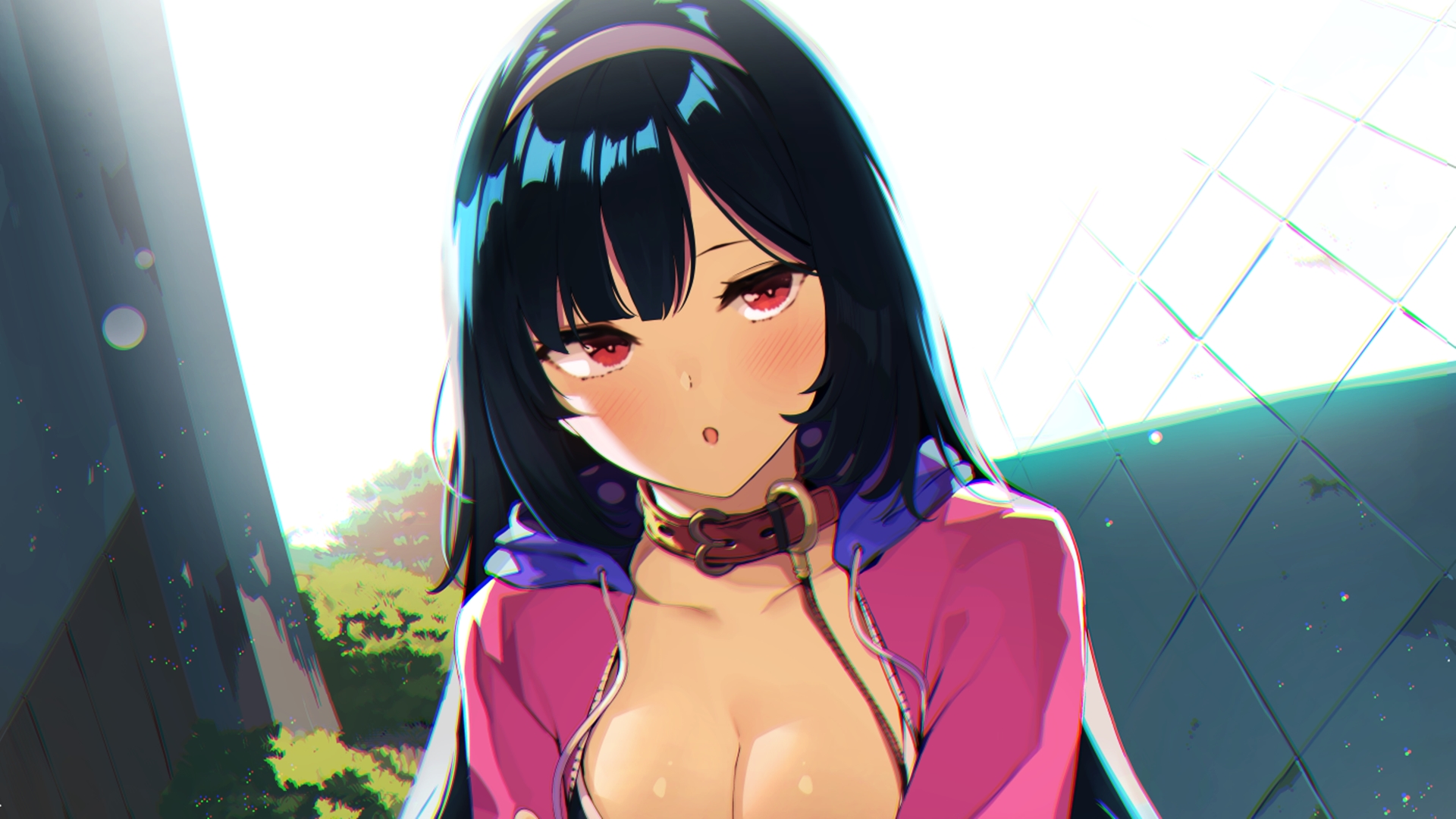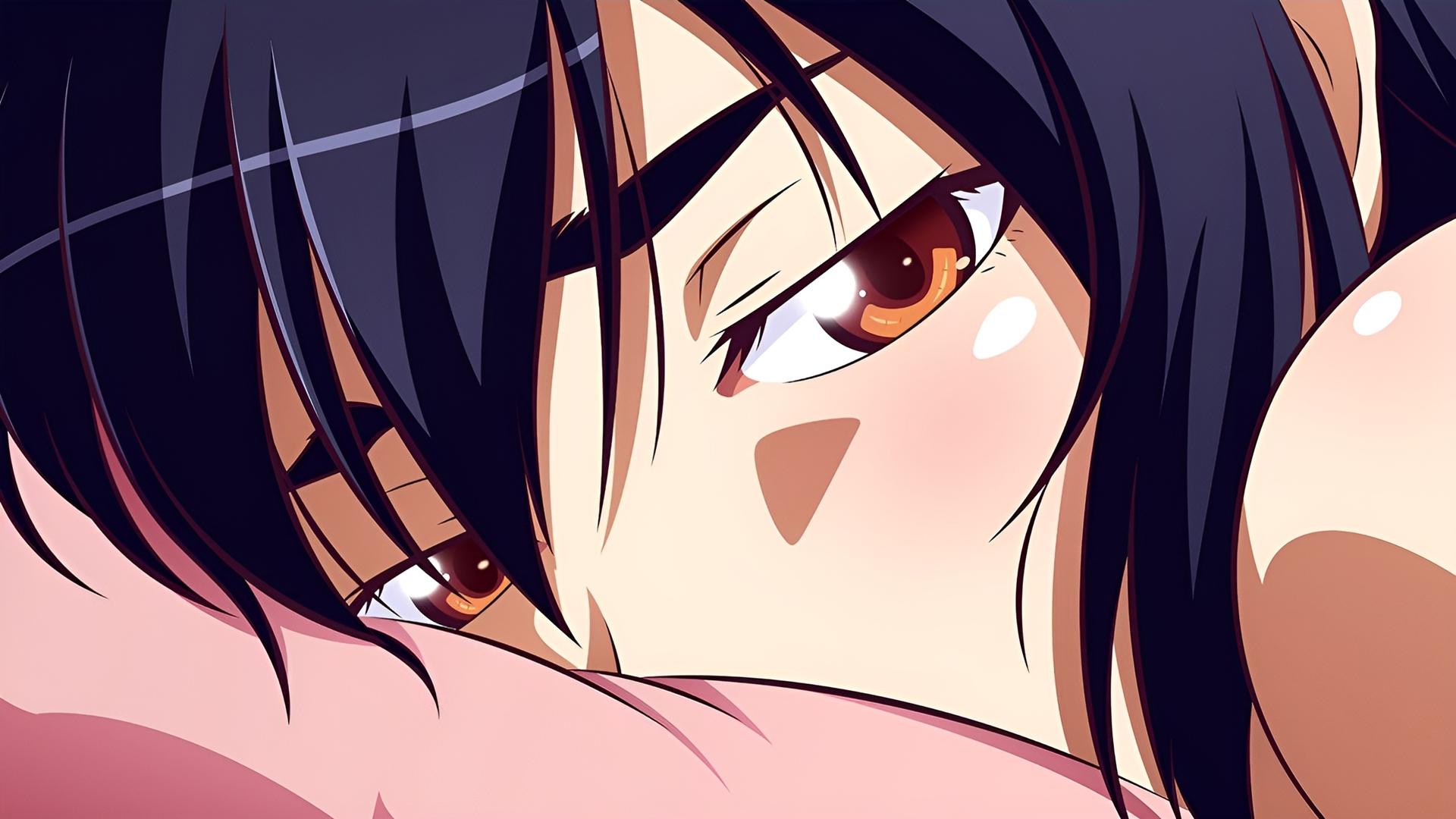Animes
Disney Seeks Politically Correct Expression in Anime for Global Distribution
Advertisement
In a recent interview with Mantan Web, Takuto Yahata, head of Disney's anime division, provided insight into the company's approach to distributing Japanese anime on a global scale.
He emphasized Disney's commitment to adopting widely accepted and politically correct expressions.
In the interview, Yahata acknowledged that anime as a medium had grown and gained fans all over the world. What was once created for Japan was now being consumed all over the world, and naturally the focus was on ensuring that all of these fans could enjoy the medium equally.
“Just a few years ago, the focus was on the North American market, so we focused on telling stories that would appeal to North American audiences. We also knew that different genres were popular in Asia, and as creators, we catered to specific tastes in Japan, North America, and Asia. However, today, the goal is to ensure that viewers around the world can experience the same level of entertainment and excitement simultaneously, regardless of their region. This reflects the growing global popularity of Japanese anime. What was once considered only for Japanese audiences is now embraced by viewers everywhere, demonstrating the current maturity of the market.”
Yahata was then asked whether there was a need to change the style of anime for global distribution, raising an important question about the cultural and artistic implications of the globalization of anime.
On the one hand, preserving the unique aspects of anime is seen as crucial to maintaining its authenticity and appeal to its fanbase. On the other hand, expanding anime's reach to a wider audience requires considering the cultural sensibilities and norms of diverse viewers around the world.
According to Yahata, although the core aspects of storytelling and action accuracy in anime remain relatively unchanged, Disney's strategy for distributing anime has involved adopting expressions that are widely accepted across cultures.
He added that the shift to politically correct expression was a natural evolution to ensure content does not harm people or lead to misunderstandings.
He emphasized that this evolution should not be seen negatively, but rather as a necessary step to serve a diverse global audience.
“I don’t think there has been any significant upheaval. The fundamental narrative and the precision of the action haven’t changed much, but there may be a tendency to adopt more widely accepted expressions. In order to reach a wider audience, it’s natural to adopt expressions that don’t hurt people’s feelings or lead to misunderstandings. This isn’t a negative thing; it can be considered evolution.“
Highlighting the transition from traditional distribution methods to modern streaming services, Yahata illustrated how anime's accessibility has expanded dramatically.
He referenced a bygone era when anime was distributed primarily through videotapes, catering only to those who wanted to purchase physical copies. However, with the advent of streaming platforms, anime has become available to audiences of all ages, anytime, anywhere.
Source: Old Web
